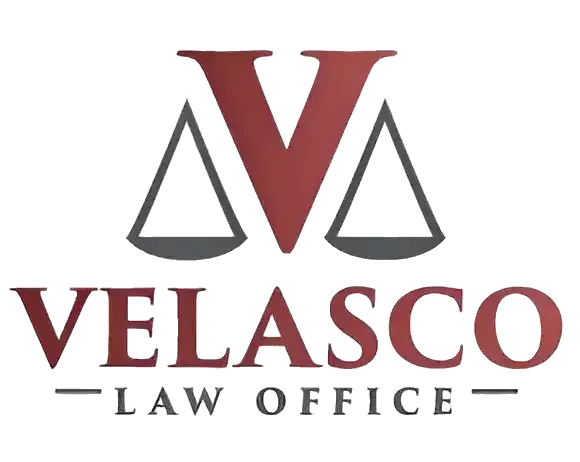What Is the Difference Between Dischargeable and Non-Dischargeable Debts?
There are many people who struggle financially at different points in their life. When this happens, it can be a stressful situation that is hard to keep under control. If an individual finds themselves in this situation, it can be beneficial for them to consider filing for bankruptcy to regain control of their financial situation.
Filing for bankruptcy can give a person a fresh start. This can be done through Chapter 7 and Chapter 13 Bankruptcy depending on the individual’s circumstances. These options allow them to restructure their finances and pay back creditors what they owe. When bankruptcy is filed there are many different types of debts that will be discharged at the end of the individual’s case. While this is true for some debts, there are some nondischargeable debts that are not thrown out.
Dischargeable Debt
When bankruptcy is filed, the term “dischargeable debts” is often used. This means that if a debt is discharged, the debtor is no longer required to pay it. It also means the creditor cannot try and collect that money anymore. There are several types of debts that may be discharged after an individual pays their bankruptcy plan. This may include but is not limited to:
- Credit card debt
- Medical bills
- Lawsuit judgments against the individual
- Obligations under leases and contracts
- Personal loans made by friends, family, and other individuals
- Past due utility bills
Non-Dischargeable Debt
While some debts can be ignored once a bankruptcy plan is paid off, there are other debts that cannot. These are called “nondischargeable” debts. These are debts that are still required to be paid once a debtor finishes their bankruptcy plan. These debts may include but are not limited to:
- Student loans
- Child support payments
- Alimony payments
- Attorneys’ fees for child custody or support
- Certain types of taxes
- Fraud debts
- Fines or penalties owed to government agencies
- Criminal restitution and other court fines or penalties
- Civil judgments for injuries due to deliberate wrongdoing or driving while intoxicated
Certain non-dischargeable debts are not subject to a hearing. In other cases, some non-dischargeable debts can be discharged if a creditor does not challenge that they are dischargeable.
Contact Our Firm
If you or someone you know is facing bankruptcy and wishes to speak with an experienced attorney, contact Velasco Law Office today.
Juan C. Velasco, Esq. is a trusted attorney who concentrates on bankruptcy, family law, real estate, and estate matters who has been serving the New Jersey area for over 25 years. If you are in need of experienced legal counsel, please contact Velasco Law Office and we will be happy to assist you.








